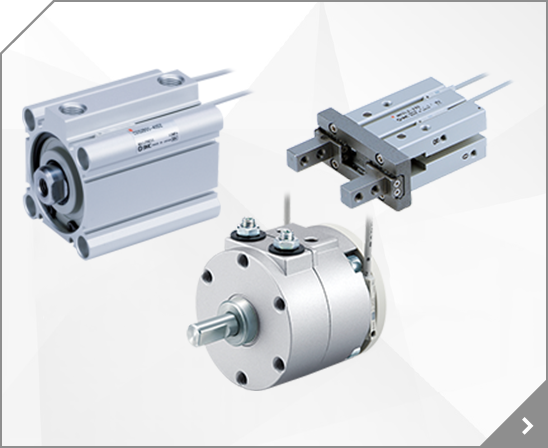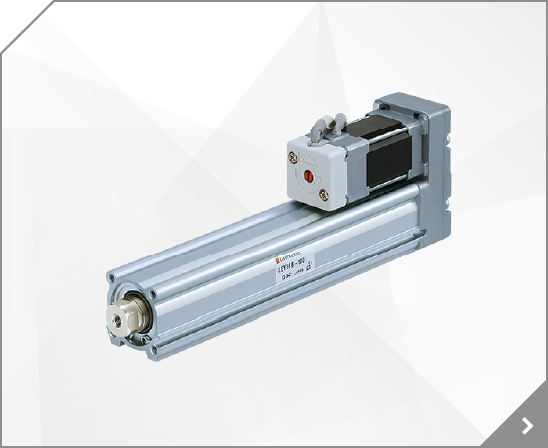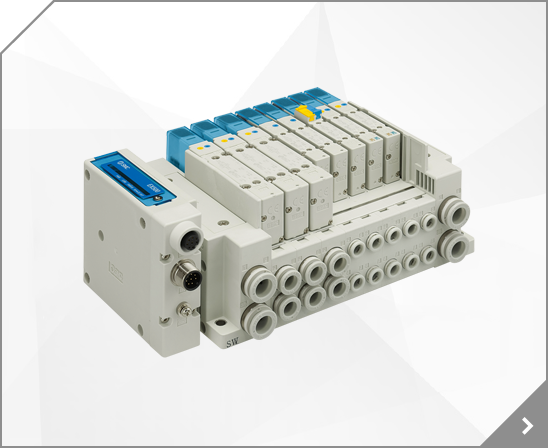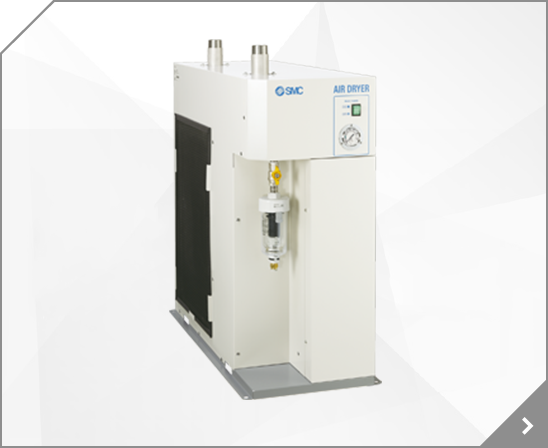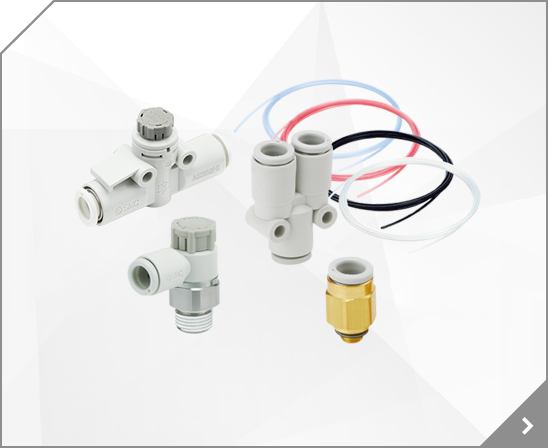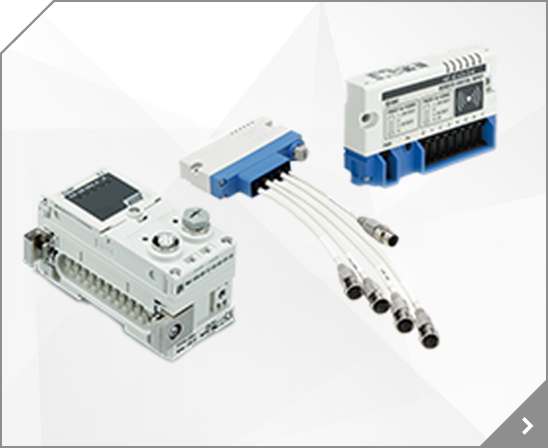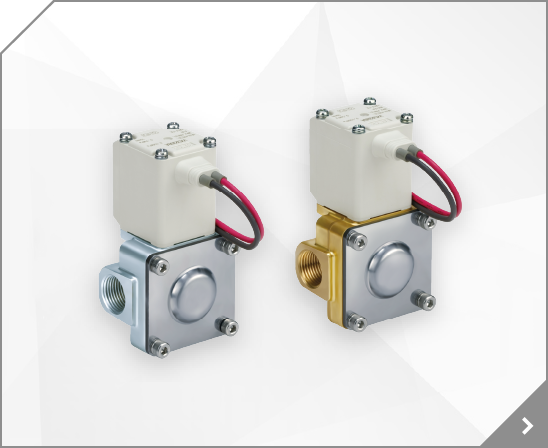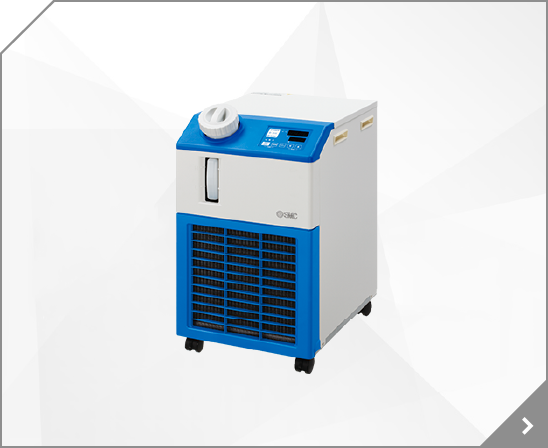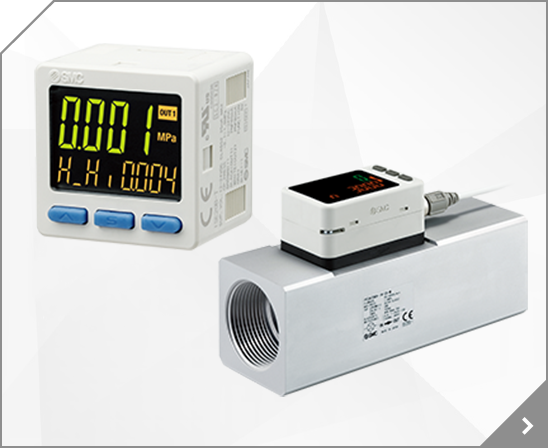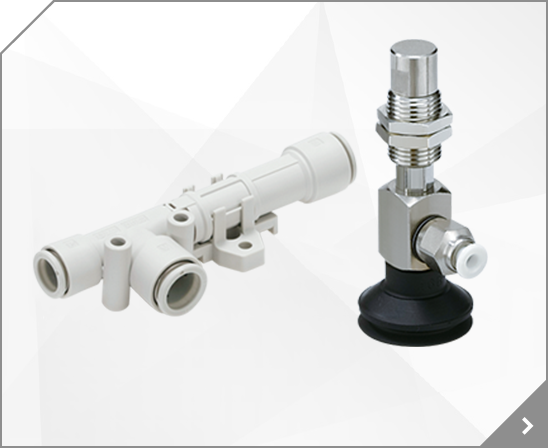
Magnet: D (Built-in Magnet), Mounting: B (Basic), Bore: 80mm, Thread: Rc, Stroke: 200mm, Rod Boot: None, Cushion: Air Cushion
Magnet: None, Mounting: L (Axial Foot), Bore: 32mm, Port Thread: TF (G), Stroke: 200mm, Cushion: Rod Boot None; Air Cushion on Both Sides
Magnet: None, Mounting: B (Basic), Bore: 63mm, Port Thread: Rc, Stroke: 200mm, Cushion: Rod Boot None; Air Cushion on Both Sides
Magnet: D (Built-in Magnet), Mounting: F (Rod Flange), Type: A (Air Cushion), Bore: 100mm, Port Thread Type: TN [NPT ø20 to ø100 Rubber Bumper, ø32 to ø100 Air Cushion), Stroke: 200mm, Thread: Male Rod End, Suffix for Cylinder: w/o Rod Boot
Magnet: D (Built-in Magnet), Mounting: Z (Basic, w/o Trunnion Mounting, Female Thread), Type: A (Air Cushion), Bore: 20mm, Port Thread Type: Rc (or M5, Depending on Style, Bore Size, and Thread Combination), Stroke: 200mm, Thread: Male Rod End, Suffix for Cylinder: w/o Rod Boot
Magnet: None, Mounting: L (Axial Foot), Cushion Type: A (Air Cushion), Bore Size: 32mm, Stroke: 200mm, Thread: Male Rod End, Rod Boot: None
The MB series medium duty tie rod cylinder offers an improved design that enhances cylinder operation and ease of use. The standard air cushion utilizes a floating cushion seal to eliminate piston rod bouncing. The cushion volume has been elevated permitting about 30% more allowable kinetic energy absorption. The port and captive cushion adjustment valve are located on the same side of cap
Magnet: D (Built-in Magnet), Mounting: T (Center Trunnion), Bore: 50mm, Port Thread: TN (NPT), Stroke: 200mm, Cushion: Rod Boot None; Air Cushion on Both Sides
Magnet: D (Built-in Magnet), Mounting: L (Axial Foot), Type: N (Rubber Bumper), Bore: 20mm, Port Thread Type: TN [NPT ø20 to ø100 Rubber Bumper, ø32 to ø100 Air Cushion), Stroke: 200mm, Thread: Male Rod End, Suffix for Cylinder: w/o Rod Boot
Magnet: D (Built-in), Mounting: B (Basic), Bore Size: 50mm, Port Thread: Rc, Stroke: 200mm, Rod Boot: None, Cushion: Air Cushion
Magnet: D (Built-in Magnet), Mounting: Z (Basic, w/o Trunnion Mounting, Female Thread), Cushion Type: A (Air Cushion), Bore Size: 40mm, Stroke: 200mm, Thread: Male Rod End
Magnet: D (Built-in Magnet), Mounting: B (Basic), Cushion Type: A (Air Cushion), Bore Size: 40mm, Stroke: 200mm, Thread: Male Rod End, Rod Boot: None
Magnet: None, Mounting: D (Clevis), Type: N (Rubber Bumper), Bore: 50mm, Port Thread Type: TN [NPT ø20 to ø100 Rubber Bumper, ø32 to ø100 Air Cushion), Stroke: 200mm, Thread: Male Rod End, Suffix for Cylinder: w/o Rod Boot
Magnet: None, Mounting: B (Basic), Type: N (Rubber Bumper), Bore: 20mm, Port Thread Type: Rc (or M5, Depending on Style, Bore Size, and Thread Combination), Stroke: 200mm, Thread: Male Rod End, Suffix for Cylinder: w/o Rod Boot
Magnet: None, Mounting: G (Head Flange), Type: A (Air Cushion), Bore: 32mm, Port Thread Type: Rc (or M5, Depending on Style, Bore Size, and Thread Combination), Stroke: 200mm, Thread: Male Rod End, Suffix for Cylinder: w/o Rod Boot
Magnet: D (Built-in Magnet), Mounting: L (Axial Foot), Cushion Type: A (Air Cushion), Bore Size: 40mm, Stroke: 200mm, Thread: Male Rod End
Magnet: None, Mounting: B (Basic), Bore: 40mm, Port Thread: TN (NPT), Stroke: 200mm, Cushion: Rod Boot None; Air Cushion on Both Sides
This is a legacy product. Please contact us for the latest version.sales@ocaire.com, CYL, RND BODY, DBL ACT, SW CAP, ACTUATOR, CM2/CM3 ROUND BODY CYLINDER, HE, 20MM CM2 DBL-ACT AUTO-SW, 1.32277 lb
The MB series medium duty tie rod cylinder offers an improved design that enhances cylinder operation and ease of use. The standard air cushion utilizes a floating cushion seal to eliminate piston rod bouncing. The cushion volume has been elevated permitting about 30% more allowable kinetic energy absorption. The port and captive cushion adjustment valve are located on the same side of cap
The MB series medium duty tie rod cylinder offers an improved design that enhances cylinder operation and ease of use. The standard air cushion utilizes a floating cushion seal to eliminate piston rod bouncing. The cushion volume has been elevated permitting about 30% more allowable kinetic energy absorption. The port and captive cushion adjustment valve are located on the same side of cap
